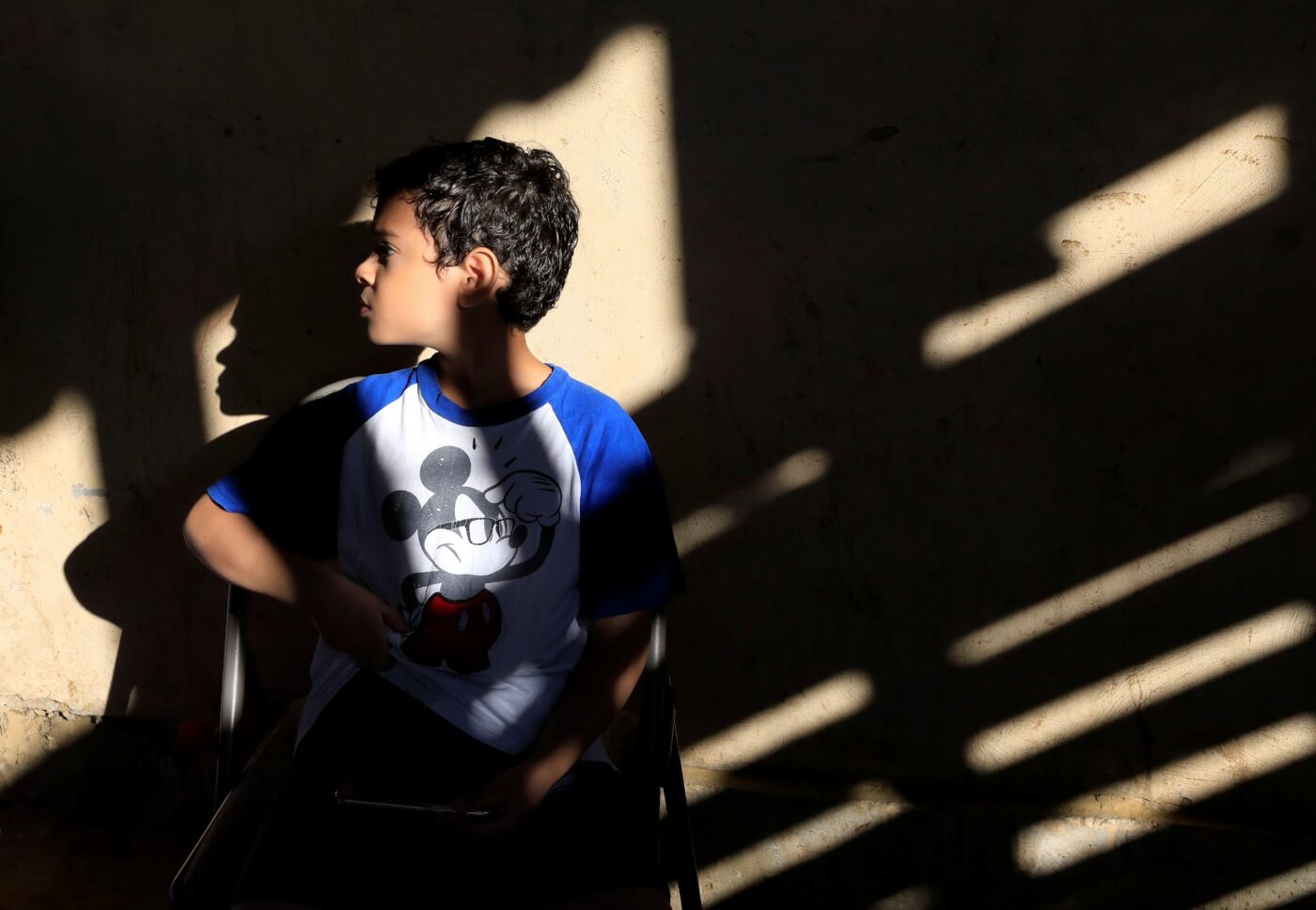The United States government has cited limiting the spread of the coronavirus as justification for using an emergency declaration to expel young migrants and asylum seekers from the country – with 600 minors having been expelled in April alone.
Many are now accusing the Trump administration of using the guise of the current pandemic as a pretext for summarily deporting refugees and children at the border, despite the fact they would normally be allowed to remain in the US while their cases went through the immigration courts. Critics argue that the new border policy runs foul of these children’s legal rights and is distracting efforts away from more meaningful measures to prevent the spread of COVID-19.
The counter-argument would posit that these children – many of whom are teenagers coming from Central America – are economic migrants with no right to asylum and the current pandemic is a justifiable excuse to deviate from normal procedures to protect public health. More than this, it is far from the only example of a country putting rights, that would normally be afforded, on hold to try and limit the transmission of the coronavirus.
However, it is hard to shake the sense that the Trump administration’s new policy carries with it the whiff of opportunism.
The administration has chosen to use the obscure, outdated provision of a quarantine law – first enacted in 1893 – to order the indiscriminate deportation of all asylum seekers and unaccompanied minors at the Mexican border. No doubt this is a policy that will prove popular with many in their core voter base, whilst helping to deflect criticism away from other failed measures at stopping the virus from spreading.
The policy also helps to achieve longer-term ambitions of preventing the entry of migrant children into the country – such as those reflected in the now-rescinded “zero-tolerance” policy which resulted in thousands of family separations.
Legal rights to hearings, appeals, asylum screenings and child-specific procedures have all fallen to the wayside.
Under a 2008 anti-trafficking law and a federal court settlement known as the Flores agreement, children from countries other than Canada and Mexico are obligated access to legal counsel and cannot be immediately deported.
Perhaps what illustrates the true motivations behind this new policy is reflected in the treatment of minors elsewhere in the U.S. immigration system. A 17-year-old Guatemalan boy has now been held in a California detention centre for migrant children for more than 400 days.
He’s one of the longest held minors in the U.S. immigration detention system.
With roughly 7,000 minors in shelters and detention facilities across the country, the U.S immigration detention system is the largest in the world, and is now riddled with novel coronavirus.
Under a well established legal settlement, the government is required to ensure child migrants are held in “safe and sanitary” conditions and make “prompt and continuous” efforts to release them and reunify families. Two federal judges have now ruled the Trump administration has violated the terms of that agreement in its handling of migrant children.
The Guatemalan teen has been detained far longer than necessary under the terms of the settlement, with offers of sponsor that would have allowed him to be released coming over six months ago. Now, in light of the imminent risk of infection, the teen is still being detained – with fears that the Trump administration is using the pandemic to keep him until he turns 18 and is more easily deported.
It is hard to reconcile the protection of public health justifying a blanket-use of deportations at the border, with the need to keep other migrant minors in conditions that increase the risk of the virus being spread among the population.
At the border, there are claims that public health concerns are being used for the deportations, saying it is addressing the dangers posed by overcrowded Border Patrol stations.
The government argues that these stations are not equipped to quarantine people who may be infected with COVID-19. However, this is a problem that could be addressed by a changing of procedures and detention practices.
In the detention centres across the country, these same concerns around overcrowding are notably absent.
The Trump administration is intentionally pursuing antagonistic measures against fighting the virus, with the only consistency being that both policies disregard well established rights and norms afforded to migrant minors.
In reality, the protection of public health and ensuring fair procedures for migrant minors are not mutually exclusive. More than this, the protection of the most vulnerable is more important now than it was prior the pandemic and in reneging from its legal obligations, the Trump administration may actually be posing additional threats to public health.

